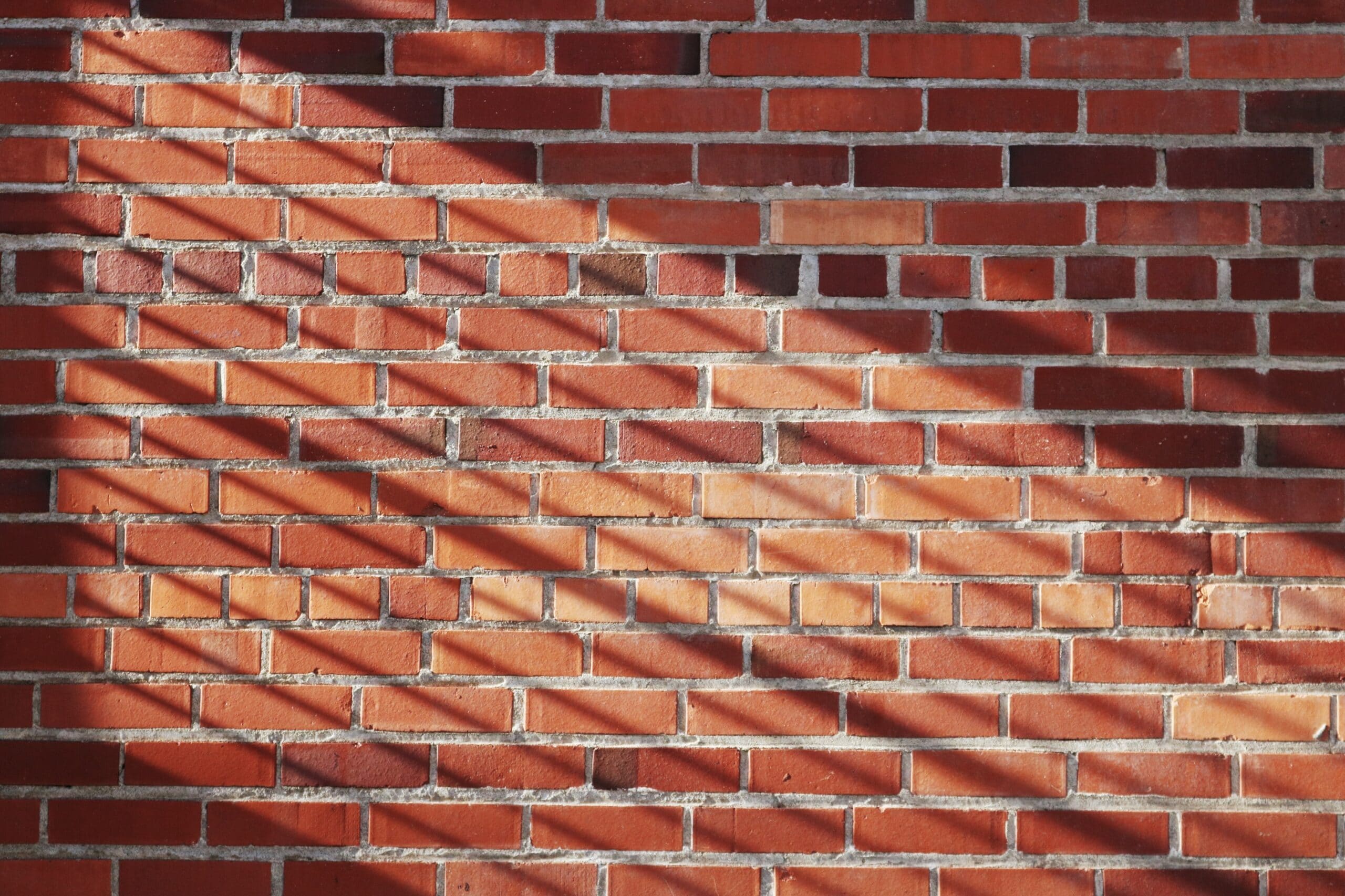
23 Jun How Do I Know When My Brickwork Needs Repairing?
The brickwork that makes up the walls of your home is constantly exposed to the elements, and this means it tends to get worn over time. Sometimes, this wearing is only surface deep, and there’s no reason why the wall shouldn’t continue doing its job for years to come.
On the other hand, brickwork can be seriously damaged in a number of ways, and in these cases, it’s vital to make repairs before any further deterioration damages the building. There are a number of signs you can look out for.
Damaged Bricks
There are several ways of telling that the brickwork may be seriously damaged. Clearly, if the surface is completely worn away, creating a concave in the wall, the bricks affected will need to be replaced, since the damage will probably have destroyed the waterproofing.
However, the bricks don’t need to be obviously crumbled to need replacing. Look out for small holes or cracks in them — these can let the water in and be potentially even more damaging than crumbled bricks.
Damaged Pointing
The mortar holding the bricks in place can be the most vulnerable part of the wall. If a substantial amount of mortar is gone, the wall can easily lose its integrity and be at risk of collapse.
However, even if the mortar hasn’t crumbled, it could pose a risk to the brickwork. If a wall has been pointed with cement mortar, instead of the more traditional lime mortar, the moisture can’t escape and may instead be forced out through the bricks, leading to crumbling.
Damp
Signs of damp in your walls could have a wide range of causes, from rising damp to penetrating damp, and this could be a symptom of problems with the pointing.
Damp is usually more obvious inside your home and can show as stains on the plaster or mould and mildew growing on internal walls. This may have nothing to do with your pointing, but it’s certainly worth having it checked and replaced if necessary.
Badly Cleaned Brickwork
One of the things that can damage brickwork is inappropriate cleaning. Brick walls certainly need to be cleaned from time to time, but using the wrong methods or cleaning agents could do a good deal of harm.
For example, an abrasive cleaning agent can scratch away a brick’s protective surface, leaving it vulnerable to the elements, while many chemicals will stain the brickwork. Make sure that you’re using an appropriate method before you start — or, better still, let us do it for you.
If the bricks or mortar in your walls are showing any of these signs of serious damage (not to mention obvious issues like the walls leaning or bowing), they need to be repaired or replaced as soon as possible. Give us a call to discuss what you need.




